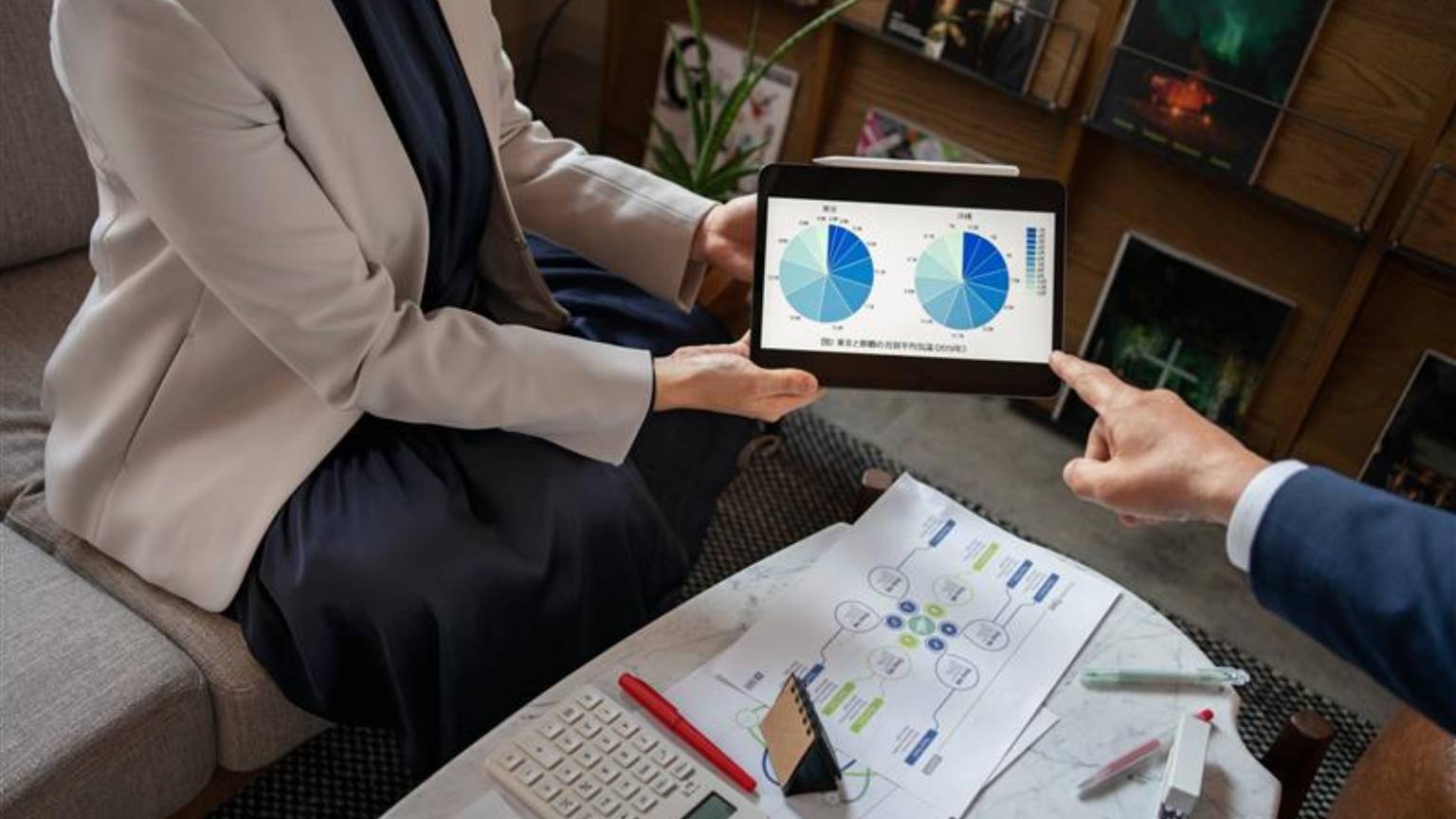Synopsis
Before investing in a hotel project or signing with a brand, understanding the market, location viability, and financial projections is essential. A hotel feasibility study provides investors and developers with data-backed clarity on whether a hotel project is financially and operationally viable. This blog explores how hotel feasibility studies mitigate risk, aid decision-making, and help align assets with the right brand and operational strategy.
We discuss the difference between financial feasibility and market feasibility, provide a breakdown of what a typical study includes, and highlight how partnering with a hotel consultant company adds value to every phase of development. The article also addresses feasibility study costs, the importance of performance forecasting, and why hotels in India’s Tier-II and leisure markets need customised feasibility reports. Whether for new openings, repositioning, or hospitality mergers and acquisitions, feasibility studies remain the cornerstone of confident hotel investments.
Table of Contents
- Strategic Planning for New Hotel Openings: Insights from Top Consultants
- The Role of Hotel Consultants in India
- Market Analysis and Feasibility Studies
- Operational Planning and Resource Allocation
- Marketing and Branding Strategies
- Staff Recruitment and Training
- SeaHorse Hospitality Consulting's Role in New Hotel Openings
What is a Hotel Feasibility Study?
A hotel feasibility study is a data-driven evaluation that determines whether a proposed hotel project is viable, sustainable, and profitable. It analyses market demand, competitive landscape, projected financials, and potential risks.
- It supports go/no-go decisions
- It ensures alignment with investor goals
- It helps attract brand partnerships or funding
Why Are Feasibility Studies Critical in Hospitality?
Hotel projects involve high capital and long gestation periods. A feasibility study minimises risk by:
- Validating demand and rate forecasts
- Identifying operational and development challenges
- Offering comparative performance benchmarks
- Ensuring the right positioning for the asset
Key Elements of a Feasibility Study
A standard study by a professional hotel consultant company includes:
- Market and location analysis
- Demand segmentation and supply benchmarking
- SWOT assessment
- Room mix and space allocation planning
- Operational strategy
- Projected P&L, IRR, payback period
Types of Hotel Feasibility Reports
- Preliminary Study – Used for early-stage concept validation
- Detailed Feasibility Report – Offers in-depth financial and market assessment
- Brand-Specific Feasibility – Aligned with brand standards for potential partnerships
- Repositioning Feasibility – For conversions, renovations, or expansions
Common Mistakes Investors Make Without a Study
-
- Overestimating demand
- Choosing the wrong location
- Underestimating operational costs
- Selecting an incompatible brand
- Ignoring long-term market shifts
These errors can lead to poor returns or failed hotel launches.
Role of Consultants in Feasibility Analysis
A reputed hotel advisory firm like SeaHorse Hospitality Consulting ensures:
- Market intelligence tailored to local and regional dynamics
- Unbiased financial projections
- Operational recommendations grounded in on-the-ground experience
- Risk analysis linked to brand selection, staffing, and positioning
About SeaHorse Hospitality Consulting
-
As a leading hotel consulting and advisory company, SeaHorse has delivered feasibility reports for over 75 hospitality projects across India. With specialised tools and deep domain expertise, their studies enable developers to move forward with clarity, confidence, and strategic focus.
FAQs
What is the cost of a hotel feasibility study in India?
They represent the owner, overseeing operator performance, aligning brand strategy, and optimising revenue and cost control to boost the asset’s market value.
What’s the difference between market and financial feasibility?
Market feasibility examines demand, competition, and rates. Financial feasibility evaluates revenue, operating costs, profit, and return metrics.
Do I need a study if I’m rebranding or renovating a hotel?
Yes. A feasibility study helps assess repositioning potential, guest expectations, and optimal brand alignment for post-renovation success.
Can feasibility reports be shared with banks or investors?
Absolutely. Detailed reports often serve as part of investment decks or loan applications to showcase return forecasts and market logic.
How long does a feasibility study take?
Depending on scope, it can take 3–6 weeks to complete. A faster timeline may compromise depth or customisation.
Author
-

Founder & CEO, SeaHorse Hospitality Consulting
Sandeep Roy brings extensive experience in hospitality acquisition management to his role as CEO of SeaHorse Hospitality Consulting after three decades in hotel operations and brand partnerships and strategic growth initiatives. He has executed operator searches and rebranding mandates which included Management Contracts for a 75-room hotel in Satara and the Pride Elite transformation of Jakson Inn in Maharashtra. Sandeep connects owner’s vision to brand ambitions using his ability to merge operational expertise with financial knowledge. Under his leadership SeaHorse Hospitality Consulting received the TravTour award for "Best Hotel Consulting Company" in India during 2024. He actively promotes cultural integration after mergers by ensuring service values and SOPs match for smooth transitions. Through his 32,000 LinkedIn followers Sandeep shares expert knowledge about revenue optimization and brand partnerships and merger best practices which solidifies his position as a trusted thought leader in Indian hospitality.

